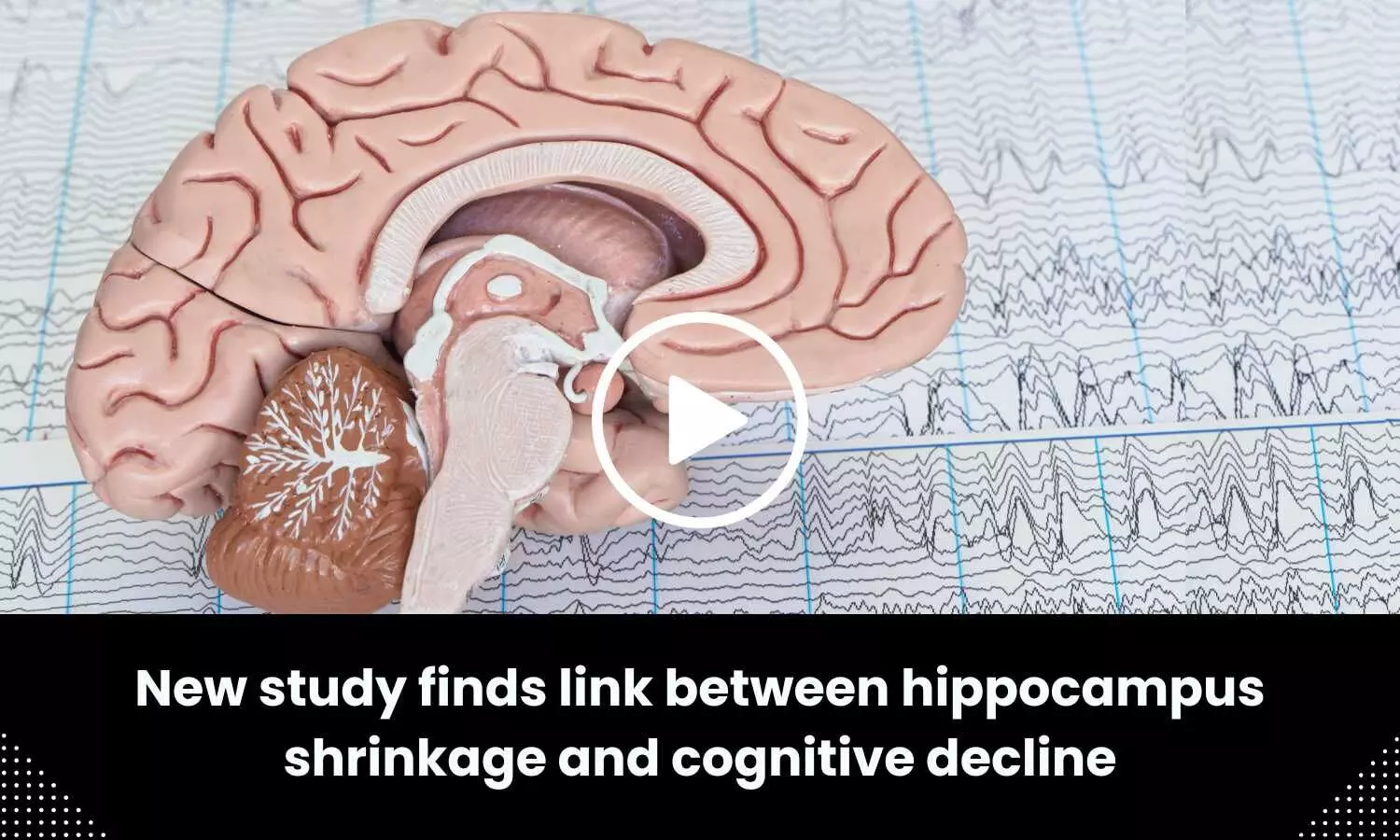- Home
- Medical news & Guidelines
- Anesthesiology
- Cardiology and CTVS
- Critical Care
- Dentistry
- Dermatology
- Diabetes and Endocrinology
- ENT
- Gastroenterology
- Medicine
- Nephrology
- Neurology
- Obstretics-Gynaecology
- Oncology
- Ophthalmology
- Orthopaedics
- Pediatrics-Neonatology
- Psychiatry
- Pulmonology
- Radiology
- Surgery
- Urology
- Laboratory Medicine
- Diet
- Nursing
- Paramedical
- Physiotherapy
- Health news
- AYUSH
- State News
- Andaman and Nicobar Islands
- Andhra Pradesh
- Arunachal Pradesh
- Assam
- Bihar
- Chandigarh
- Chattisgarh
- Dadra and Nagar Haveli
- Daman and Diu
- Delhi
- Goa
- Gujarat
- Haryana
- Himachal Pradesh
- Jammu & Kashmir
- Jharkhand
- Karnataka
- Kerala
- Ladakh
- Lakshadweep
- Madhya Pradesh
- Maharashtra
- Manipur
- Meghalaya
- Mizoram
- Nagaland
- Odisha
- Puducherry
- Punjab
- Rajasthan
- Sikkim
- Tamil Nadu
- Telangana
- Tripura
- Uttar Pradesh
- Uttrakhand
- West Bengal
- Medical Education
- Industry
New study finds link between hippocampus shrinkage and cognitive decline
Overview
A new study published in Neurology has found a link between shrinkage in the hippocampus area of the brain and cognitive decline, even in people who don't have amyloid plaques in the brain. The hippocampus plays a role in memory.
With the rise of new drugs that can target the amyloid-beta plaques in the brain that are an early sign of Alzheimer’s disease, new ways are needed to determine whether memory loss and thinking problems are due to Alzheimer’s disease or another neurodegenerative disorder
The study involved 128 people with an average age of 72 who had no thinking or memory problems at the start of the study. The participants had several types of brain scans throughout the study to measure the amount of amyloid plaques and tau tangles in their brains, as well as the volume of the hippocampus. The tau protein is another biomarker of Alzheimer’s disease. The participants also had yearly cognitive evaluations over an average of seven years of follow-up.
Faster shrinkage in the hippocampus was associated with faster cognitive decline. When researchers looked at all of the biomarkers, they found that hippocampus atrophy was associated with cognitive decline independently of amyloid and tau levels. Hippocampus shrinkage on its own accounted for 10% of the difference in cognitive decline.
A limitation of the study was that most participants were highly educated and white people, so the results may not apply to all people.
Reference: American Academy of Neurology
Journal: Neurology
Speakers
Isra Zaman
B.Sc Life Sciences, M.Sc Biotechnology, B.Ed





